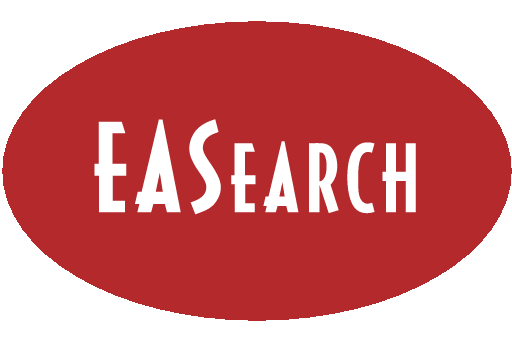Interviewing Tips for Candidates
Your Interview May Be a Carefully Orchestrated Dance

Preparing for Your Interview
Before the interview, research the company and, if possible, the individual with whom you are interviewing. Utilize LinkedIn to see if there are any LI connections with the interviewer and employees at the company. Have as much information as possible about the industry, that company, and its structure, as well as the person interviewing you.
Initially, most interviewers are searching for reasons why they should not hire you. Your focus during the first half of the interview is to share real experiences and stories that reflect talents, skills, and abilities needed for the job which allow them to begin to see why they should hire you – show them what you have to offer rather than what you are looking for in a position.
The night before the interview, prepare by listing the skills, abilities, and experience that a successful hire would possess for the position, and to the right of that list, outline brief stories and examples that highlight how you indeed have these skills, abilities, and experiences. Review this list as often as possible before your interview.
Also, be clear about your own priorities and values, as well as your strongest talents, skills, and abilities, so that you can identify for yourself – and the interviewer – if this is the right company for you.
Review our Career Autobiography worksheet, which will allow you to easily identify these areas and help you build confidence about your upcoming interview.
During Your Interview
When asked for “strongest skills, talents, or abilities,” state your list confidently as "I have..." and "I can..." However, depending on the tone of the interview, it is sometimes easiest to answer, “Many people have said that I am...”
Listen to the questions carefully, take a good long moment before you answer, and always answer by way of what you have to offer. Enthusiasm is a key factor in people getting hired for jobs they want. People with far less experience can get a great job based solely on their enthusiasm, energy, and “can do” attitude.
While not being stiff or too formal, do remember that an interview is not a chat with a potential friend. It is usually a carefully orchestrated dance wherein the interviewer initially must be allowed to lead; a good dance partner “listens” and carefully follows the subtle nuances of the person leading.
When asked if you have any questions, it is perfectly fine to ask what else the interviewer would like to know that perhaps didn't get covered. If you have enthusiasm, feel free to express it. Hold off on compensation and benefits questions. This is only relevant once you know there is interest in your candidacy.
If no questions come to mind, a great response would be: “Thank you, no, I don’t have any questions now. But may I text or email you if any questions arise after I leave?”
As the interview is ending and if you are very interested in the job, it is important to look right at the interviewer and tell them that you have a strong interest in taking the next step: “Based on everything we have discussed, I want you to know that I am extremely interested in next steps and want to be considered to work here. Is there anything I can do to help move things forward?
After an Interview
Even if you're not interested or you don't feel it went well – always send a timely "thank you for your time" email. And if you are interested in the job, recap a few of the interview highlights/skills aspects and respectfully remind them that you would be very interested in proceeding through their process and would look forward to hearing from them at their earliest opportunity.
